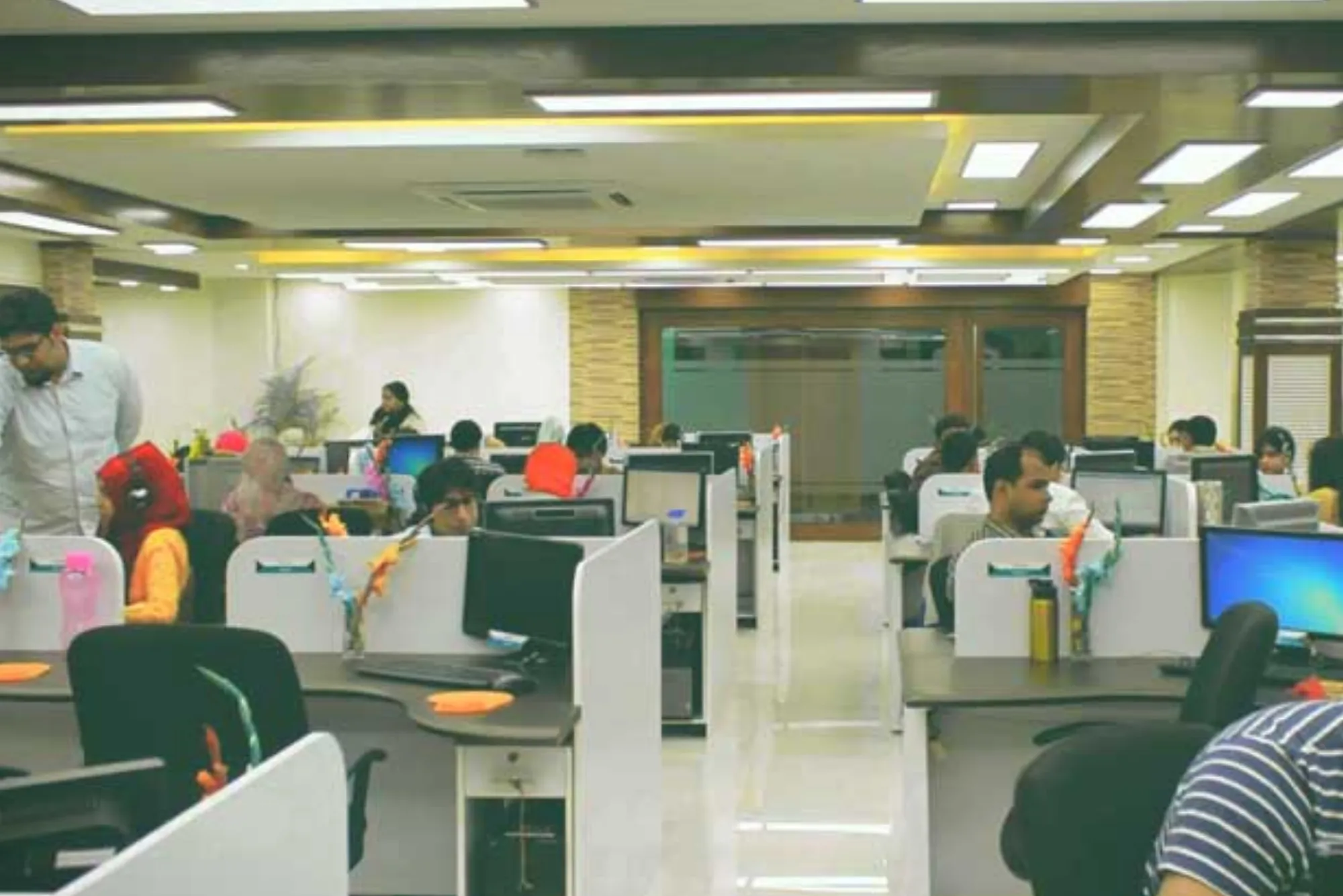Freelancing in Pakistan has grown from a side hustle for students to a major contributor to the national economy. With the government supporting digital initiatives and global clients seeking skilled professionals, Pakistan now ranks among the top five countries for freelancing worldwide. According to a 2023 report by Payoneer, Pakistani freelancers generated over $400 million annually through platforms like Upwork and Fiverr.
This article explores industry insights, government initiatives, and future trends shaping freelancing in Pakistan, while also highlighting the role of innovation hubs like freelancing in pakistan in empowering the next generation of digital talent.
Government support for freelancers
Quick Answer: The Pakistani government is actively backing freelancing through training programs and IT parks.
To fuel the freelance economy, Pakistan has launched key initiatives:
Special Technology Zones Authority (STZA): Incentives for IT businesses, freelancers, and startups.
Ignite National Technology Fund: Digital Skills Training Program for 1M+ youth.
E-Rozgar Training Program (Punjab): Over 40,000 freelancers trained.
These projects have made freelancing a viable career path for youth across Punjab, Sindh, and Khyber Pakhtunkhwa.
Growing youth interest in freelancing
Quick Answer: Pakistani youth view freelancing as a path to global careers.
With 64% of the population under 30, Pakistan has one of the world’s youngest workforces. Many students and graduates in Lahore, Karachi, and Islamabad are shifting toward freelancing to earn in foreign currencies, reduce unemployment, and gain global exposure.
Examples include:
University graduates running digital marketing agencies online.
Students in Bahawalpur offering graphic design services on Fiverr.
Role of IT parks and digital hubs
Quick Answer: IT parks are becoming the backbone of freelancing ecosystems.
Facilities like National Incubation Centers in Islamabad and Lahore have given freelancers access to resources, mentorship, and co-working spaces. A major example is Dhanote IT Park, which focuses on developing skilled professionals in South Punjab by providing digital infrastructure and training opportunities.
Such hubs allow freelancers in smaller cities to access the same tools and opportunities available in urban centers.
Regional comparison: Lessons from UAE
Quick Answer: Pakistan can learn from UAE’s freelancing-friendly policies.
The UAE recently introduced freelancer residence visas, making Dubai and Abu Dhabi magnets for global talent. Co-working hubs in Sharjah and Ajman further support independent professionals.
For Pakistan, adopting similar visa flexibility and tax relief could help attract foreign clients and encourage local talent to register as official freelancers.
Popular freelancing skills in demand
Quick Answer: Tech-based skills dominate Pakistan’s freelance exports.
According to the Pakistan Software Export Board (PSEB), the most in-demand freelance skills include:
Web & mobile app development
Graphic design and video editing
SEO and digital marketing
AI and machine learning services
E-commerce support (Shopify, Amazon VA)
Freelancers who keep updating their skill sets with AI-driven tools and automation are likely to dominate in the coming years.
Digital payment solutions for freelancers
Quick Answer: Payment barriers are easing but challenges remain.
PayPal is still unavailable in Pakistan, but alternatives exist:
Payoneer (most popular)
Wise (TransferWise)
JazzCash Payoneer integration
For freelancers in Multan, Faisalabad, and Hyderabad, local banks are expanding international remittance options to ensure smooth transactions.
Challenges faced by Pakistani freelancers
Quick Answer: Despite progress, freelancers still face barriers.
Key issues include:
Limited access to PayPal
High competition on global platforms
Lack of reliable internet in rural areas
Irregular government policies
These challenges highlight the need for long-term digital infrastructure investments.
Future trends in freelancing
Quick Answer: AI, blockchain, and remote-first jobs will shape the next decade.
Freelancers should prepare for:
AI-driven gig platforms (automated hiring).
Niche specialization in fields like cybersecurity and data science.
Global collaboration tools like Slack, Zoom, and Notion.
Metaverse jobs in design and development.
Industry leaders expect Pakistan’s freelancing exports to cross $1 billion annually by 2028.
“Pakistan’s freelancing growth isn’t just about income generation; it’s about building a digital-first workforce that can compete globally,” says Asim Shahryar, CEO of Ignite.
FAQs
1. How much do freelancers earn in Pakistan?
Freelancers typically earn between $300–$2,000 per month depending on their skills, platforms, and client base.
2. Which freelancing platform is best in Pakistan?
Fiverr and Upwork remain top choices, though specialized platforms like Toptal are growing.
3. Can students in Pakistan start freelancing?
Yes, students often start with part-time gigs in content writing, design, or digital marketing.
4. What are the top freelancing cities in Pakistan?
Lahore, Karachi, Islamabad, Faisalabad, and Multan are leading hubs.
5. Do freelancers in Pakistan pay tax?
Yes, freelancers are subject to income tax, though government tax relief is under discussion for IT exports.
6. Is freelancing better than a 9–5 job in Pakistan?
It depends on priorities. Freelancing offers flexibility and global income, while 9–5 jobs offer stability.
7. What skills are future-proof for Pakistani freelancers?
AI, blockchain, cybersecurity, data science, and cloud computing are top long-term skills.
Final Thought
From my perspective as someone closely following Pakistan’s digital economy, the freelance industry has evolved from a survival tactic to a National Growth Engine. I’ve seen youth in small towns like Bahawalpur and Rahim Yar Khan secure international clients and uplift their communities. By learning from models in the UAE and investing in IT hubs like Dhanote, Pakistan can ensure freelancers not only earn but thrive globally.
The future of freelancing in Pakistan is bright—but only if we continue to innovate, invest, and create policies that empower the next generation of digital workers.







